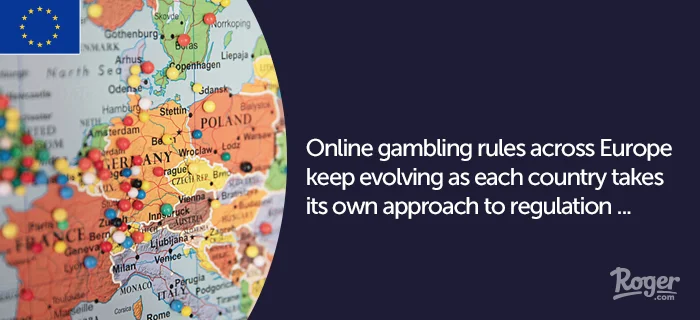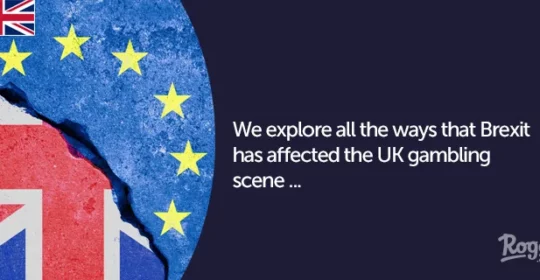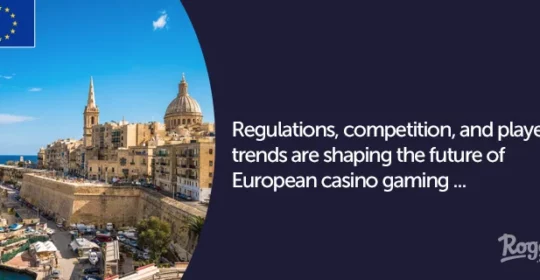Online gambling rules across Europe keep evolving as each country takes its own approach to casino regulation.
Some opt for open markets, while others stick to strict state-run models. These different strategies have a big impact—not just on casino operators but also on players.
This article breaks down how different European countries regulate online casinos, looking at licensing rules, player protection, and taxes. Poles can even score Free Spins (Darmowe spiny) by following the platform’s terms and conditions.
Knowing your rights as a player helps you feel more secure and enjoy the game with confidence. So, let’s begin.
Table of contents
Types of regulatory models in Europe
European countries usually choose one of three main models to manage their online casino markets.
In an open licensing market, multiple approved operators can get licenses and compete legally—places like the UK, Malta, and Sweden follow this model, with solid consumer protections in place.
On the other hand, Finland runs a state monopoly, meaning players don’t have the option to choose between private companies 👀
Then there are countries like France and Cyprus, which allow limited gambling but make it tough for foreign operators to get in.
Key areas of online casino regulation
Most regulators take a similar approach, building their rules around these main pillars:
- Player verification and KYC checks — Ensuring players are who they say they are to prevent fraud and underage gambling.
- Limits on advertising and promotions — Regulating how casinos advertise to avoid misleading or excessive promotions.
- Responsible gambling tools — For example, self-exclusion and deposit limits. These features help players control their gambling and prevent addiction.
- Taxation based on gross gaming revenue (GGR) or total turnover — Governments tax casinos based on their earnings, either from net revenue or total bets placed.
- Compliance with GDPR and data privacy laws — Protecting player data and ensuring casinos meet privacy regulations/European standards.
- Strict penalties for unlicensed operators — Fining or shutting down operators who don't comply with local licensing requirements.
These are the key things to keep in mind if you want to play safely. Always check whether a potential casino offers them before you take the time to sign-up.
Regulation snapshot: comparing 5 key countries
We've put together the key regulatory details for the UK, Malta, Sweden, Finland, and France in a table, making it easy to compare their approaches to online casino regulation.
These countries are some of the biggest players in Europe, and understanding their rules will help you make more informed decisions.
| Country | Licensing Model | Tax Rate (CGR) | Foreign Operators Allowed | Regulator |
| UK | Open Licensing | 21% | Yes | UK Gambling Commission |
| Malta | Open Licensing | 5% | Yes | Malta Gaming Authority |
| Sweden | Open Licensing | 18% | Yes | Skolinspektionen |
| Finland | State Monopoly | N/A | No | Veikkaus Oy |
| France | Partial Licensing | 18% | No (casino games banned) | ANJ |
Why casino regulations matter
Regulations are your friend! These help provide reassurance and security for players using online casinos in Europe.
They ensure that casinos follow strict rules to safeguard players from fraud and reduce the risk of gambling-related harm. To succeed, casinos must meet these security and fairness standards, giving players the confidence to engage safely.
Regulations also help ensure fair play by requiring operators to be transparent and ensure the games are conducted fairly, which allows players to trust that they have a legitimate chance to win.
Likewise, by following local laws, operators can stay in the market long-term and build lasting trust with their customers.
Countries with player-friendly regulations
As the global online casino industry grows, players are paying more attention to choosing platforms that offer both entertainment and a fair, safe gambling experience.
While some countries impose strict censorship that limits player freedom, many have developed strong legal frameworks focused on player safety, secure financial transactions, and responsible gaming.
- United Kingdom – Comprehensive licensing, player protection tools, and transparency.
- Malta – Low tax and a favourite base for many EU-focused casino companies.
- Sweden – Encourages responsible gaming with mandatory limits and controls.
- The Netherlands — Has implemented modern regulations which now permits new casino operators to begin operations under government observation.
- Italy – Licensed model, but with tight restrictions on marketing and operations.
All in all, choosing a gambling jurisdiction with player-friendly regulations can greatly improve your gaming experience.
The countries listed here set the standard with features like fast payouts, effective dispute resolution, data protection, and responsible gaming tools. Keep them in mind when you fancy facing live dealers.
Summing it all up
Each European country tailors online gambling rules to its own cultural values and legal framework.
The growing digital entertainment industry is leaning towards more open regulations that also protect consumers. Anyone interacting with online casinos needs to understand these rules, as they ensure a legal and safe gambling experience.





